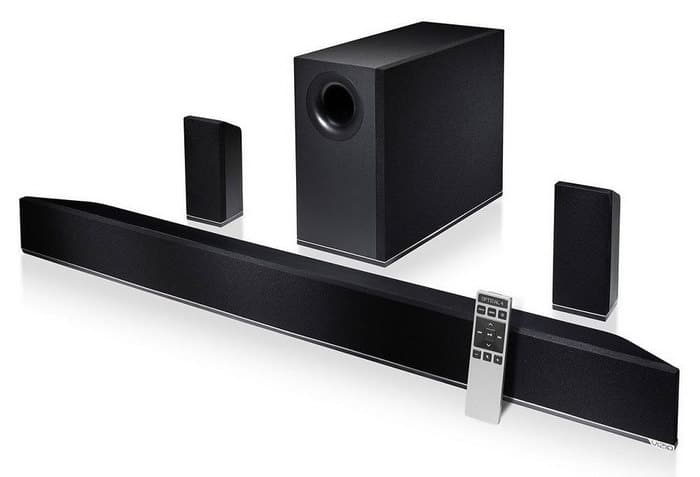So, you’ve decided that you want to buy a new speaker for your sound system. No matter your budget or auditory requirements, everybody should follow a few tried and true tips when buying new audio hardware.

We’re going to go through some of them today in this short post. The goal here is to help you find the best speaker for you, so remember that your ideal speaker may be different from somebody else’s, depending on living space and audio preferences. With that covered, let’s get into our tips!
If you think you’ll need even more advice, maxyourhometime.com may have you covered. Visit the site for even more tips and suggestions on audio equipment.
1. Trust Your Ears
This may seem like a simple tip, but it’s easy to get bogged down in specs when, fundamentally, you want a speaker that sounds good. If you’re buying online, you can still make sure a speaker is of high quality by identifying which speaker type you want and then checking out reviews of it. Whether you look at reviews on the product’s Amazon page or dedicated pages on tech sites like CNET, you can tell quickly whether a speaker is well-reviewed for its sound or not.
2. Look Around
That’s right, stop what you’re doing and look around for a moment. Where do you want your speaker to be? If you’re here, you probably have a place in mind for the speaker that you’re thinking about buying. If you don’t, find that space because that will determine which speakers work best for you.
You’ll have to keep two things in mind—first, the size of your room. Second, wherein your room will be with the speakers? You need to pay attention to both of these because of acoustics – how the sound bounces around your room before it hits your ear.
You’ve heard sound bounce and echo around a room before. That same principle applies to your home when you set up a sound system. You want a speaker that fills up the room so that the sound waves don’t bounce around too much.
Please find the best speaker size by taking pictures or measuring the space, so you can show these to whomever you’re buying speakers from and get the right ones recommended to you.
3. How Big?
Speaking of size, you need to know how big you want your speakers to be. You can get the perfect speaker setup, but if you get a too small or too big speaker for the room, then the sound quality won’t be great.
As a general rule, larger speakers will have more bass capabilities, and the sounds they report will have a lower noise distortion. This contrasts with smaller speakers, where they’re better at high frequencies and more noise distortion, which is why smaller speakers are best when placed in smaller rooms where you’re immediately receiving the audio.
4. Inputs and Wiring
Once you have an idea of the sound profile and setting you need a speaker to satisfy, you need to think about specifics. The main two things you should look at are the input ports and the wiring types that speakers support.
Think more about your speaker’s use, is it wired to a computer, a dock, or is it going to be wireless? Each one has advantages and disadvantages that need to be considered. With a computer speaker, a single digital cable is often all that’s necessary to connect these models. Dock speakers connect to smartphones and charge them while wireless ones connect to phones for remote operation and no annoying wires that need managing.
If you want your speaker to work with several mediums, like a computer and a phone or tablet, then you’ll want a wireless model or at least one with multiple compatible inputs.
5. Buy in Your Budget
As with any purchase, and especially tech purchases where you’re buying specific equipment for large sums of cash, you want to stay within a budget. Don’t buy a speaker without doing your due diligence first, or you risk buying a costly paperweight that you don’t like the sound of.
Set a budget and buy within it, and don’t be afraid to max out that budget. Getting the cheapest speaker may be a good deal for many, but they may not have the longevity you get from more expensive speaker models.





